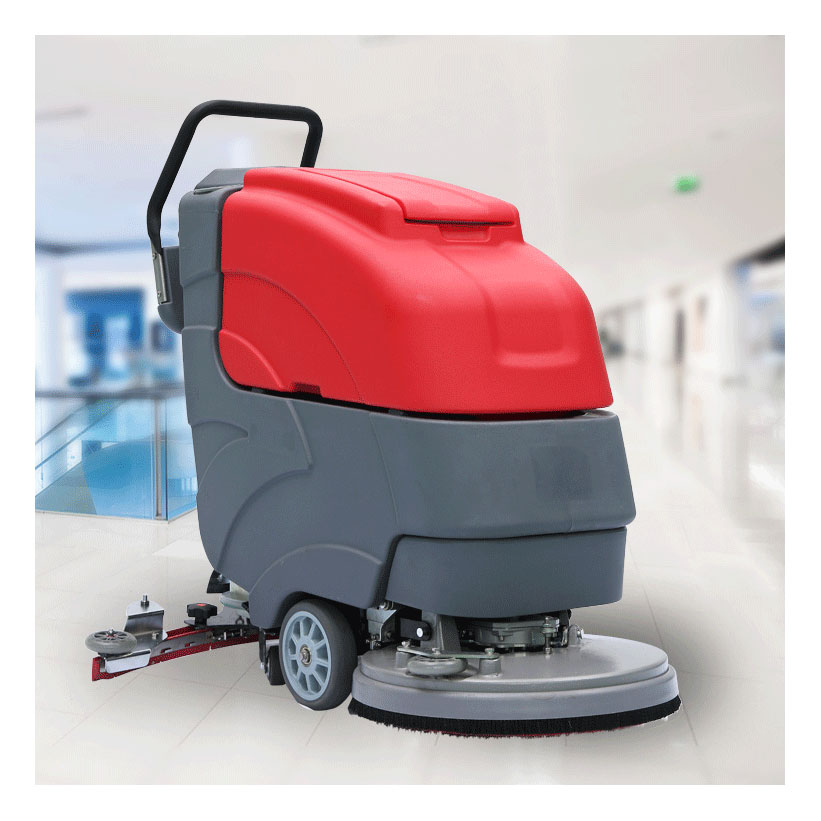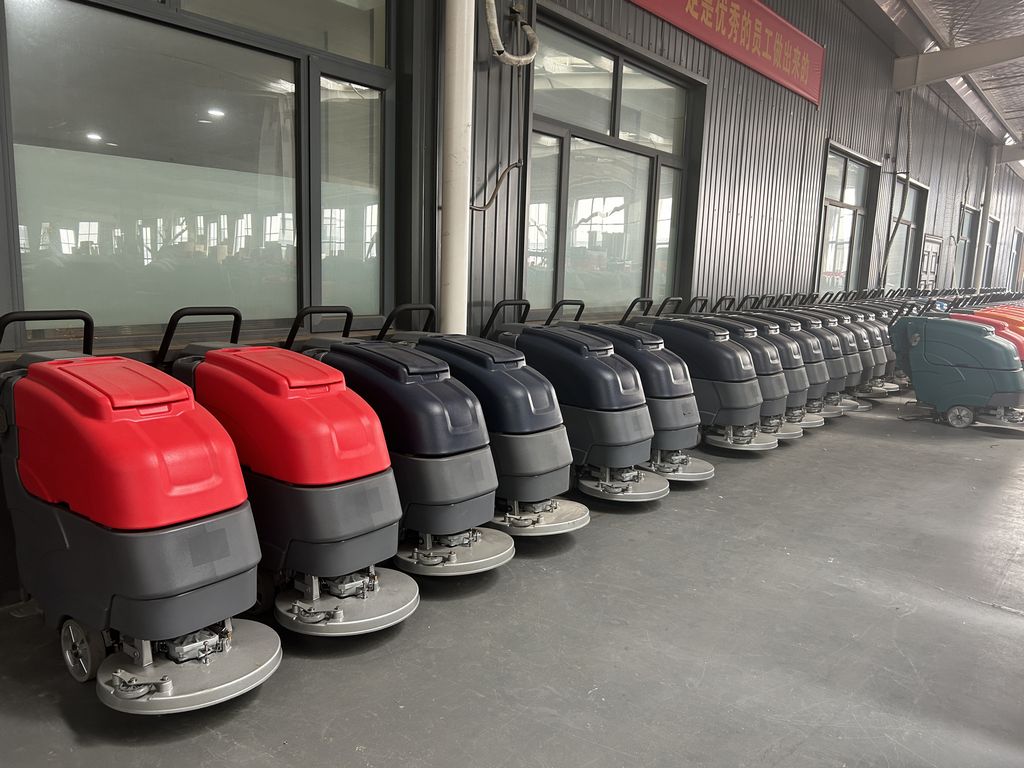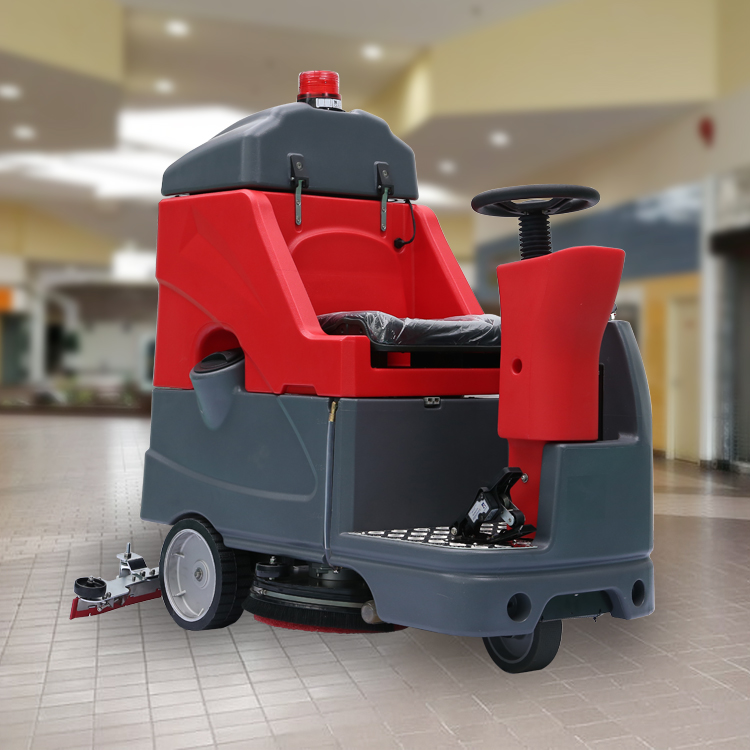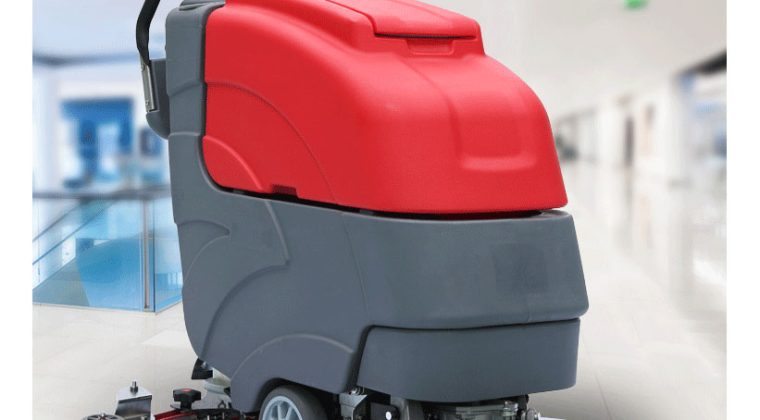
Let’s be real—keeping factory floors clean is like trying to sweep a beach during a hurricane. One minute you’ve got sparkling concrete, the next, someone tracks in grease or spills coolant. That’s where industrial floor scrubbers come in, but picking the right one? Oh boy. I once spent three weeks comparing models for my warehouse job and nearly quit over it. Pro tip: don’t let your boss assign this task on a Monday after a holiday weekend.
First off, size matters. A scrubber that’s too small will have you running it nonstop, wasting time and electricity. Too big, and you’ll be playing bumper cars with pallet racks. Measure your aisles and doorways *before* falling in love with a machine. Battery life is another sneaky factor—nobody wants a scrubber that dies mid-shift like a phone at a concert. Lithium-ion batteries are worth the hype, trust me.
Fun story: My coworker Dave once tried to “save money” by renting a scrubber with “industrial-strength” advertised in the description. Turns out it was designed for a bakery, not our auto parts warehouse. The thing clogged with metal shavings faster than a toddler’s sippy cup. Moral? Match the machine to your debris type. Wet environments need scrubbers with sealed motors; heavy grit requires brushes tougher than my aunt’s meatloaf.
Speaking of brushes, let’s talk maintenance. A good industrial floor scrubber shouldn’t demand more care than a newborn. Look for models with auto-dump tanks and tool-free brush changes. And here’s a secret: some brands offer free training videos. Watch them. I didn’t, and now my team calls me “The Puddle King” after an incident involving a clogged squeegee and 200 gallons of soapy water.

Cost-wise, think long-term. Cheap units often skimp on filtration systems, leaving dust bunnies to stage a rebellion. A high-efficiency particulate air (HEPA) filter might add $$$ upfront, but it’ll save your lungs and reduce cleanup repeats. Oh, and check if the scrubber plays nice with your cleaning chemicals. Mixing the wrong solution can create odors that’ll make your break room smell like a science fair volcano.
Random life advice while we’re here: Never trust a coworker who says, “This’ll only take five minutes.” Five minutes is code for three hours and a call to maintenance. Also, invest in good shoes. You’ll spend half your life walking these floors, whether they’re scrubbed or not.

Back to business—remote control options are game-changers for tight spaces. Imagine steering a scrubber from your phone like a Roomba on steroids. But test the connection range first. Losing signal mid-task is how Dave ended up with a scrubber trapped in the loading dock elevator for two hours. (Yes, Dave has a theme.)
Lastly, read reviews from actual industrial users, not just the five-star testimonials from someone who cleaned their garage once. Look for phrases like “holds up under daily abuse” or “survived a chemical spill.” And remember: the quietest scrubber isn’t always the weakest. Newer models balance power and noise levels better than my headphones balance my sanity during peak shift.
There you go—no PhD in scrubberology required. Just measure twice, test drive if possible, and for heaven’s sake, keep Dave away from the rental agreements.

